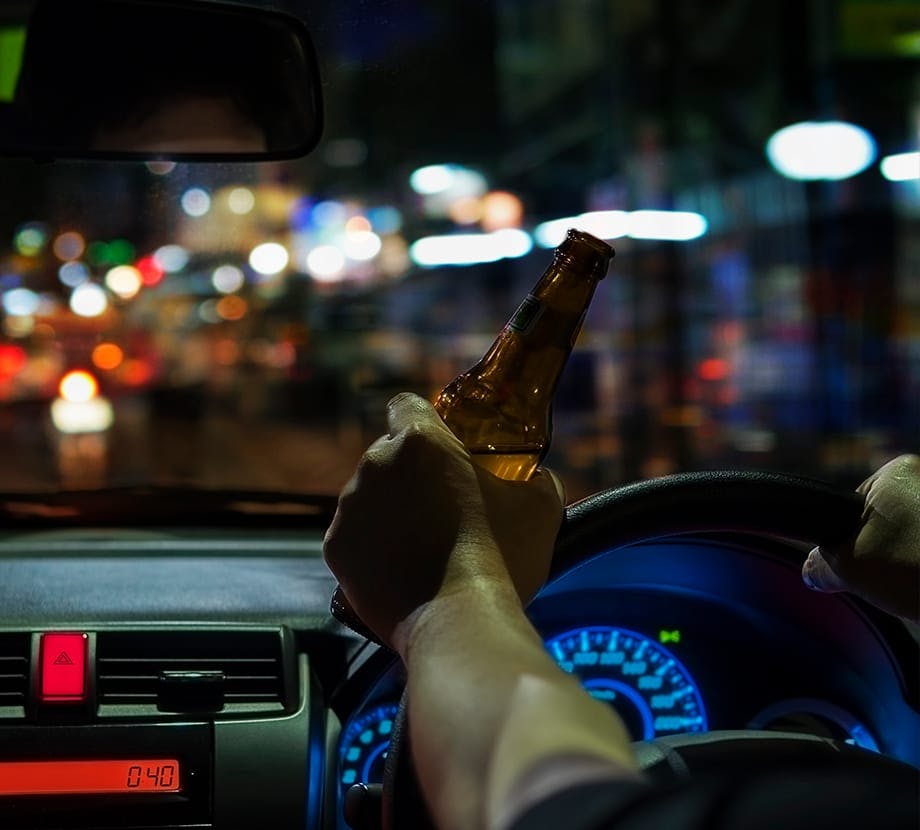$37,000,000
Awarded in a Construction Accident Case
$16,000,000
Verdict Awarded to a Victim of Sexual Abuse
14,000,000
settlement at trial for injured worker
$12,157,000
Settlement in a Train Derailment Case
$12,000,000
Settlement in a Construction Accident Case
$11,750,000
Awarded to a Victim of Wrongful Conviction
$11,000,000
Verdict Awarded to a Victim of a Bus Accident
$9,000,000
Awarded to a Victim of Municipal Assault
$7,000,000
Awarded in a Construction Accident Case
$2,150,000
Awarded to victim of Slip & Fall Accident
$1,250,000
Awarded in a Construction Accident Case
$1,245,000
Settlement in a Slip & Fall Accident
$1,000,000
Settlement in a Slp & Fall Accident
$1,000,000
Settlement in a Truck Accident
$1,000,000
Settlement in a Premises Liability Accident
$1,000,000
Settlement in a Slip & Fall Accident
$1,000,000
Awarded in a Construction Accident
$1,000,000
Awarded in a Truck Accident
$1,000,000
Awarded in a Car Accident
$1,000,000
Settlement in a Car Accident
$1,000,000
Settlement in a Premises Liability Accident
$1,000,000
Settlement in a Construction Accident
$1,000,000
Awarded in a Construction Accident
$1,000,000
Awarded in a Construction Accident
$1,000,000
Settlement in a Personal Injury Case
$1,000,000
Settlement in a Car Accident
$1,000,050
Verdict in a Car Accident Case
$1,000,050
Awarded in a Bus Accident Case
$1,000,180
Awarded in a Wrongful Death Case Involving an Infant
$1,245,000
Settlement in a Slip & Fall Accident
$1,250,000
Settlement in a Car Accident
$1,250,000
Settlement in a Ceiling Collapse
$1,250,000
Awarded in a Motorcycle Accident
$1,250,000
Awarded in a Car Accident
$1,275,000
Settlement in a Pedestrian Accident
$1,350,000
Settlement in a Pedestrian Accident
$1,375,000
Awarded in a Bicycle Accident
$1,400,000
Settlement in a Construction Accident
$1,450,000
Awarded in a Construction Accident
$1,495,000
Awarded in a Car Accident Case
$1,500,000
Settlement in a Construction Accident
$1,500,000
Settlement in a Slip & Fall Accident
$1,500,000
Settlement in a Slip & Fall Accident
$1,500,000
Recovered in a Construction Accident
$1,500,000
Awarded in a Car Accident
$1,600,000
Awarded to a Victim in a Truck Accident
$1,637,500
Verdict in a Slip & Fall Accident
$1,650,000
Awarded in a Pedestrian Accident
$1,675,000
Awarded in a Car Accident
$1,700,000
Awarded to Victim of a Slip & Fall Accident Case
$1,750,000
Awarded in a Construction Accident
$1,750,000
Awarded in a Bicycle Accident
$1,785,000
Settlement in an Elevator Accident
$1,800,000
Awarded in a Car Accident
$1,950,000
Awarded in a Construction Accident
$2,000,000
Awarded to Victim of a Ceiling Collapse Case
$2,000,000
Settlement in a Construction Accident
$2,000,000
Awarded in a Construction Accident
$2,000,000
Settlement in a Truck Accident
$2,000,000
Awarded in a Construction Accident
$2,000,000
Awarded in a Construction Accident
$2,000,000
Recovered in a Truck Accident
$2,000,000
Obtained in a Truck Accident
$2,000,000
Awarded in a Construction Accident
$2,000,000
Recovered in a Bicycle Accident Case
$2,100,000
Settlement in a Construction Accident
$2,130,000
Settlement in a Truck Accident Case
$2,152,500
Settlement in a Car Accident
$2,200,000
Awarded in a Construction Accident
$2,350,000
Awarded in a Construction Accident
$2,400,000
Awarded in a Train Accident
$2,400,000
Settlement in a Construction Accident
$2,400,000
Settlement in a Car Accident
$2,400,000
Awarded in a Construction Accident
$2,500,000
Awarded in a Construction Accident
$2,500,000
Awarded to a Metal Worker in a Construction Accident
$2,500,000
Awarded in a Car Accident
$2,500,000
Awarded in a Construction Accident
$2,750,000
Awarded to a Victim of a Construction Accident
$2,750,000
Awarded to victim of a Car Accident Case
$2,785,668
Verdict for a Victim of a Pedestrian Accident
$2,800,000
Settlement in a Pedestrian Accident Case
$2,800,000
Settlement in a Construction Accident Case
$3,100,000
Awarded to a Car Accident Victim
$3,100,000
Awarded to a Worker in a Construction Accident
$3,200,000
Settlement for a Worker Injured in a Construction Accident
$3,500,000
Awarded to a Worker in a Construction Accident Case
$3,500,000
Awarded to victim of a Truck Accident Case
$3,710,000
Awarded to a Victim in a Shooting Incident
$3,750,000
Awarded in a Construction Accident Case
$4,000,000
Settlement for a Trip & Fall Accident
$4,000,000
Settlement in a case for a Truck Driver
$4,000,000
Settlement in a Construction Accident Case
$4,000,000
Awarded to Families of Flight 587 Victims
$4,010,000
Verdict Awarded to Victim in a Police Abuse Case
$4,100,000
Settlement in a Construction Accident Case
$4,500,000
Settlement in a Construction Accident Case
$4,602,312
Verdict Awarded to Client in a Car Accident
$4,750,000
Awarded to an Injured Construction Worker
$5,000,000
Awarded to a Laborer Injured on a Construction Site
$5,000,000
Settlement Awarded to a Victim of a Slip & Fall Injury
$5,500,000
Verdict Awarded to a Worker at a Construction Site
$5,750,000
Awarded to a Laborer Injured at a Construction Site
$6,500,000
Settlement in a Construction Accident Case
$2,980,000
Awarded in a Construction Accident Case
$3,000,000
Verdict for pedestrian struck by bus
$4,800,000
Awarded in a Construction Accident Case
$2,980,000
Awarded in a Construction Accident Case
$1,100,000
Settlement for Slip-and-Fall Victim in NYC Subway
$1,000,000
Settlement for Slip-and-Fall Victim







